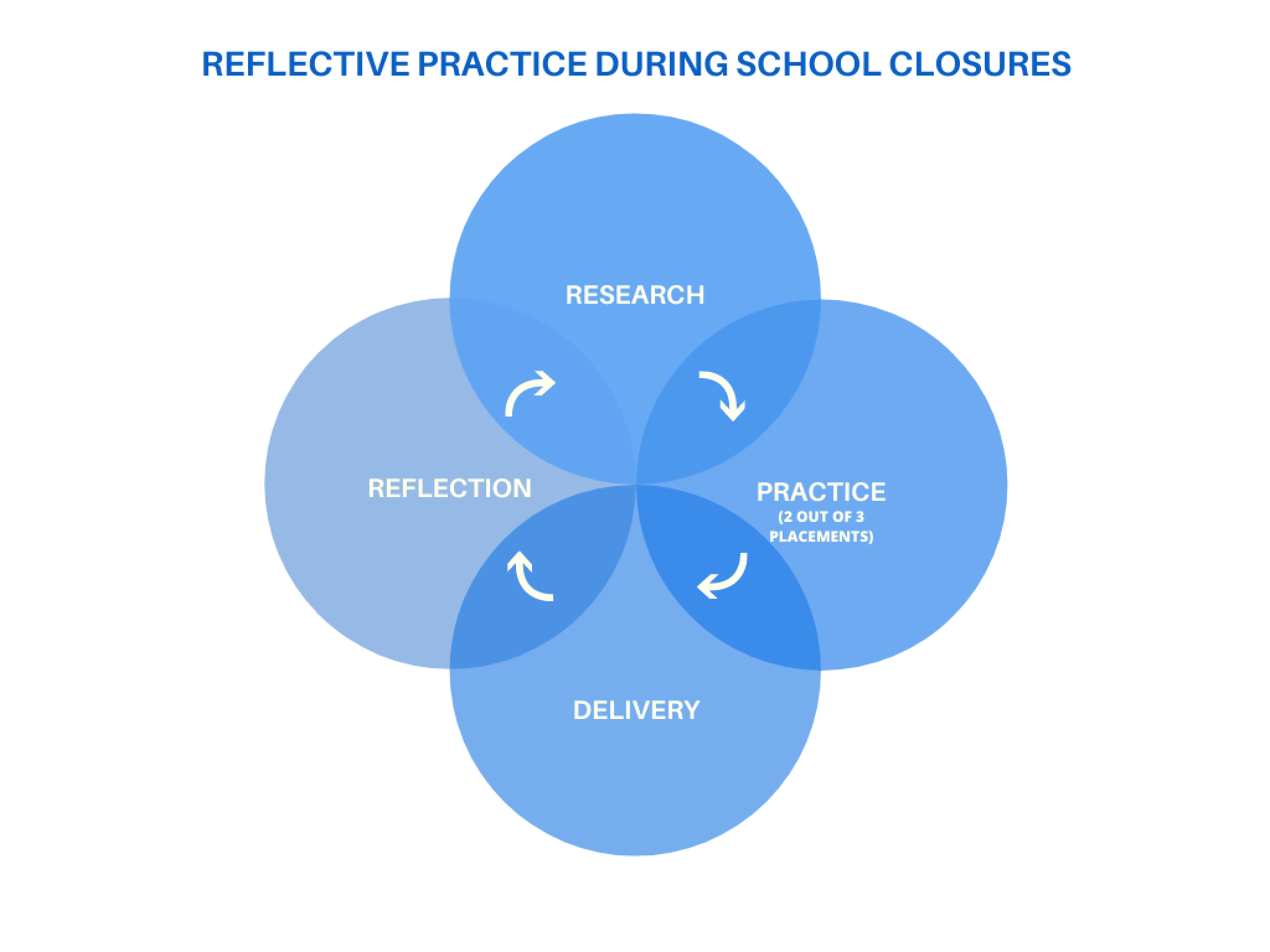Understanding the Early Career Framework and Supporting NQTs: Key insights from our webinar
Andrew King
5
min read
Earlier this week, Zen Educate hosted a joint webinar with Prestolee Multi-Academy Trust, discussing the ECF (Early Career Framework) and how to develop effective career development for Newly Qualified Teachers (NQTs).
With the ECF (a DfE programme for new teachers) set for its nationwide rollout in September 2021, we invited a panel of experts to discuss the entitlement for NQTs and the responsibilities for schools, as well as some broader issues around Initial Teacher Training and broader support for NQTs:
Professor Sam Twiselton OBE, Founding Director, Sheffield Institute of Education at Sheffield Hallam University
Mike Tonge, CEO, Prestolee Multi-Academy Trust
Victoria Unsworth, Headteacher, Barton Moss Primary School
The panel gave their insights into how Initial Teacher Training (ITT) has been affected by COVID measures, what the Early Career Framework (ECF) means for schools, and the unique value NQTs can bring to schools.
How ITT has been affected through national lockdowns and restrictions
“You cannot compensate for the loss of that third major teaching practice, but what you can do is mitigate all of that experience. We have a moral imperative to make sure that these trainees succeed”
Mike Tonge
Summary: The usual structure of most Initial Teacher Training programmes has, like almost everything, been changed dramatically by measures put in place as a result of the pandemic.
Key insights: Mike pointed out that NQTs who have undergone ITT are already graduates, so it’s important to remember that when considering the effects of lockdowns on ITT. Academic abilities are already proved to some extent. But one of the most crucial aspects of ITT training is ensuring that a process of reflective practice is encouraged —research, practice, delivery, reflection — and this process has been disrupted, as the ‘practice’ step was taken out altogether during school closures.

Opportunities: While Mike acknowledged the challenges ITT programmes have faced as a result of lockdowns, he offered a solution to the reduced teaching practice, as implemented by Prestolee’s own SCITT. This is to mitigate the loss of the ‘practice’ stage with extra ‘research’ by:
Providing much more curriculum-specific knowledge
Providing more delivery models, particularly based around assessment practices
Providing lots of live lessons for the NQTs to work through
The unique value that NQTs can bring to schools and how NQT mentoring works
“The training was different, but it wasn't necessarily a weaker training. The NQT was ready to hit the ground running”
Victoria Unsworth
Summary: Victoria detailed how the NQT hired by her school earlier this year has brought fresh ideas to their role by being committed to reflective practice. The panel agreed unanimously that there is a collective responsibility throughout schools to look after NQTs, and that it doesn’t lie solely with NQT Mentors.
Key insights: A part of an NQT’s development is dependent on their mentor. The role of NQT Mentors is to support and guide NQTs; Sam and Victoria both pointed out that a mentor’s work with an NQT is a long process, and that it’s crucial for a mentor to be empathetic in their support, guiding them through their respective relationships with pupils, colleagues and parents. They should also “identify their strengths and support their areas of focus” Victoria adds. “We don’t want people to give up teaching when it’s the best job in the world.”
The Early Career Framework has strong implications for the role of NQT Mentor. As Sam put it, “the role of the NQT Mentor has been there forever, but what happens from next year is that it gets properly recognised”. This is because of the increased funding and training being put into the development of the mentor role by the ECF. She hopes that this will cause a greater recognition of the role, “because it needs to, because it’s so important”.
Opportunities: Sam recommended that schools:
Ensure that NQT mentors are highly trained, as it’s a crucial and sometimes overlooked aspect of school improvement. As well as the expected result of providing better NQT support, improving NQT Mentor training can improve the mentor’s teaching practices through the behaviours they’ve learned in their mentoring.
Where possible, provide 2 mentors for an NQT. “One of the things that can be problematic if you’re the only mentor, and you see yourself as the only person that’s there to support an NQT, is that you’re having to wear two hats. You’re going to have to be involved in the assessment of the NQT, as well as the emotional support. Sometimes what an NQT needs is a shoulder to cry on.”
Victoria emphasised the importance of collective responsibility with supporting NQTs: “it’s everyone’s responsibility to support NQTs, it’s everyone’s responsibility to be there for each other. It really is a joint collaborative approach. I often, in NQT time, sit with them, support them, guide them, rearrange meetings so we can be there for them.”
Demystifying the Early Career Framework
“I don't blame people for being a little bit confused - it’s coming in as a national thing for absolutely everybody from next September”
Professor Sam Twiselton
Summary: The Early Career Framework (ECF) will be an entitlement for all NQTs from September 2021. It will provide 2 years of new, fully-funded training, development materials and more. The ECF will extend the process of teacher training by 2 years to at least 3 years in total.
Key Insights: Although it’s not being rolled out nationwide until September, the ECF is currently being piloted around the country by 4 different providers: The Education Development Trust, University College London Institute of Education, Teach First and Ambition Institute. Its trial incarnation has been providing a mix of online training, face-to-face training, self-study and time with mentors. All of this is fully-funded, so there are no hidden fees for schools.
In Sam’s words, the ECF is designed as a ‘seamless progression’ from ITT. The 2 years of training provided by the ECF is set to bring the UK in line with other high-performing systems elsewhere in the world, as this will mean that all NQTs will receive a minimum of 3 years’ training. “We all know you can’t train to be a teacher in a year” said Sam, “it’s a ridiculous assumption that you can!”
Opportunities: The providers for September’s national rollout are not yet confirmed - whichever bidders are successful will have to adopt one of the four slightly different models currently being trialed by the providers.
Sam recommended that schools review the pilot models to see what can be expected from the final product in September. We’ve collated them all here for you:
You can watch the Webinar in full below:
This is Sam's second partnership with Zen Educate webinars. Watch her last appearance on the topic of developing professional profiles for NQTs for free. If you're interested in developing your recruitment process, our last webinar on diversity in education recruitment might interest you too. To stay tuned with webinar announcements and workshops, follow our Twitter.
Search blog posts …
Search







